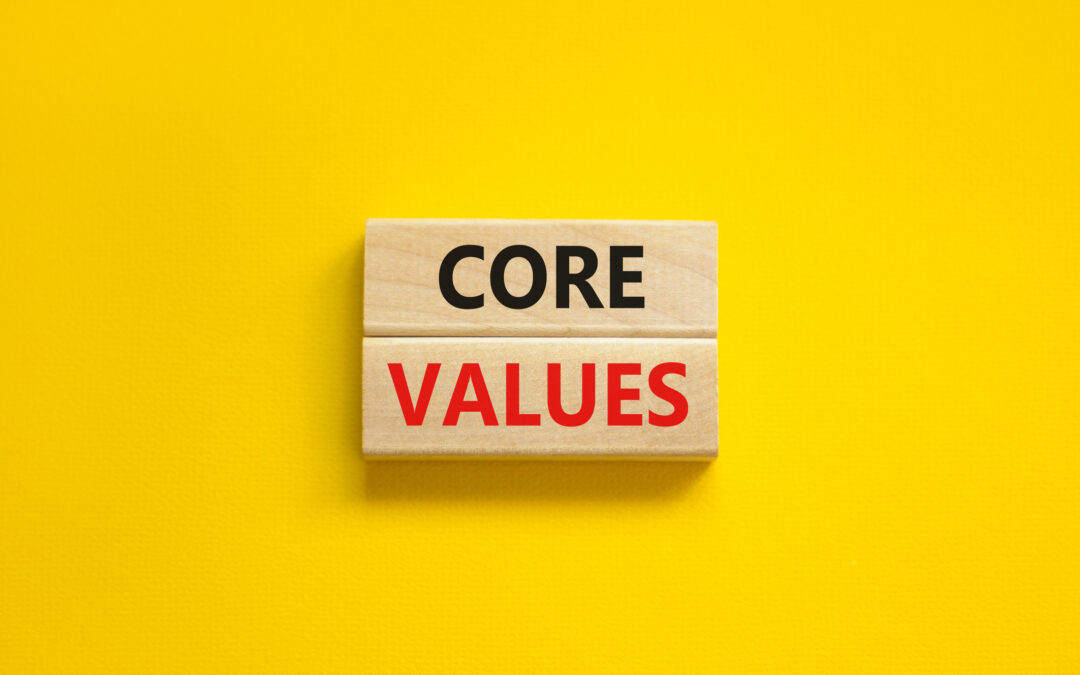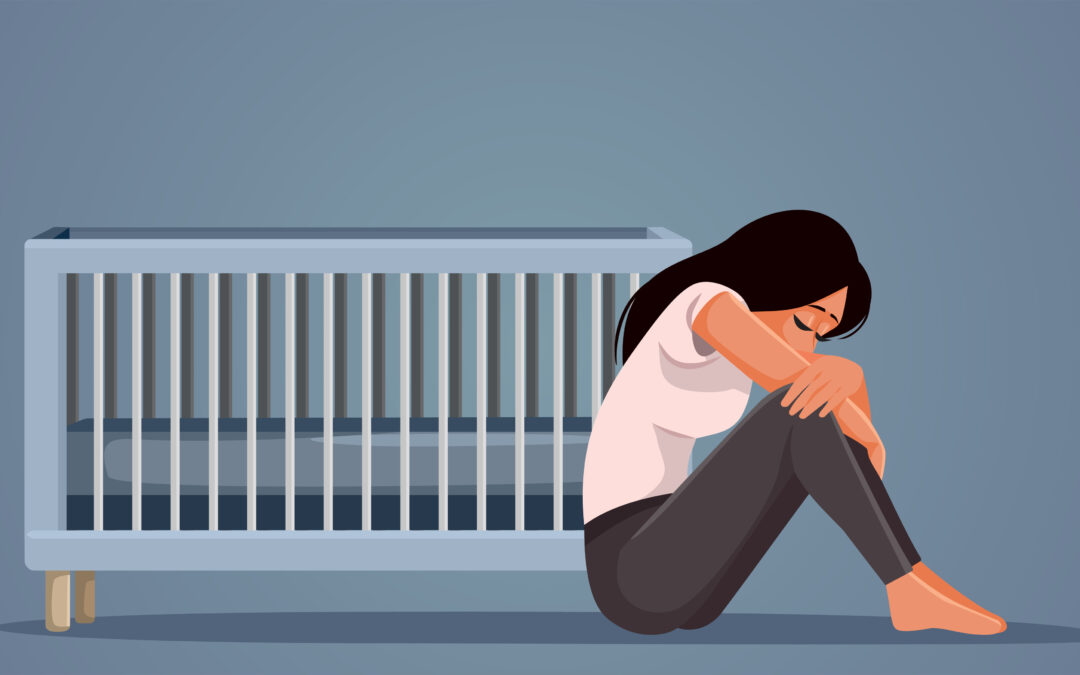As therapists, we hear from people in all walks of life. Every client is different and comes to therapy with varied experiences, but one thing remains true; most people hold shame for things they don’t need to. When we feel shame, our brains will often make us think that we’re the only one who could think or feel this way, or that only terrible people would be. Aside from being a horrifically uncomfortable emotion, intense shame is detrimental to our overall mental health, relationships, and long-term self-esteem.
While this is nowhere near a comprehensive list, below is a list of things I often hear in therapy, that are entirely normal. If you’ve ever had these thoughts, you are far from alone!
“When ____ died, I felt relieved”
What shame tells you this means: I must be a terrible person to feel a positive emotion after a death. Did I wish this upon them?
What it actually means: You’re a human capable of compassion fatigue, empathy for an end to suffering, potential safety benefits to yourself or others, awareness of resource strain, etc. Grief is always complex and there are typically many conflicting emotions that can include relief.
“I lied/cheated/stole in my past”
What shame tells you this means: “I am a liar, cheater, criminal.”
What it actually means: Many people hold shame for very minor mistakes or choices from their past. Barring violent or aggressive actions, most of the time there is a reason for these choices, that once understood, lets in compassion instead of shame.
“I _____ to cope”
What shame thinks this means: I can’t deal with the stress of my life.
What it actually means: Substances, “nervous habits”, and impulse spending are just some of the behaviors people often feel significant shame for engaging in when they are feeling difficult emotions. If your behaviors are causing you harm or aren’t working to reduce your distress as you hoped, all that means is that they aren’t quite the right option for you. There is never shame in trying to feel better, there are only things that serve you and things that don’t.
“I have intrusive thoughts about ________”
What shame tells you this means: “My brain is out of control, I’m disgusting/disturbed for thinking that way”
What it actually means: You have a normal brain, working exactly how a normal brain should. Intrusive thoughts are so common, that it’s more uncommon to be someone who hasn’t experienced an intrusive thought. To be frank, I’ve never met someone who hasn’t experienced intrusive thoughts, only people who felt strong emotion after them, and people who brushed them off and forgot about them. Having intrusive thoughts (even ones that feel totally out of character!) says nothing about who you are. If these thoughts are causing you intense distress it is certainly worth discussing with a mental health provider, but even then, there is no shame in experiencing them.

Overcoming Perfectionism with Acceptance and Commitment Therapy (ACT)
Perfectionism is often celebrated in our society, but for many, it can become an overwhelming burden. When perfectionism takes over, it can lead to constant self-criticism, avoidance of challenges, and a deep fear of failure. Acceptance and Commitment Therapy (ACT)...

Managing Depression alongside Chronic Illness
If you’re reading this, chances are you or someone you care about is dealing with the challenges of chronic illness or disability, which can often trigger feelings of depression. Today, we’re going to dive into some strategies for navigating this journey with...

What is your “Why”? Core Values Exercises for Anxiety Resiliency
Anxiety often prompts us to steer clear of situations that trigger fear, causing many to shrink their lives to avoid such triggers. However, understanding and embracing our core values can provide a light through the darkness of anxiety and help us reconnect with a...

Mindfulness Mastery: Your Ultimate Weapon Against Depression
Depression can feel like a heavy cloud hanging over your life, making it difficult to find joy or motivation. While therapy and medication are valuable tools in treating depression, incorporating mindfulness skills into your daily routine can offer additional support...

How to Help a Loved One Process a Miscarriage
Experiencing a miscarriage can be an incredibly challenging and emotionally overwhelming time for individuals and couples. In this blog post, I will outline four ways you might help someone process their miscarriage. Remember, every person's experience is unique, so...

